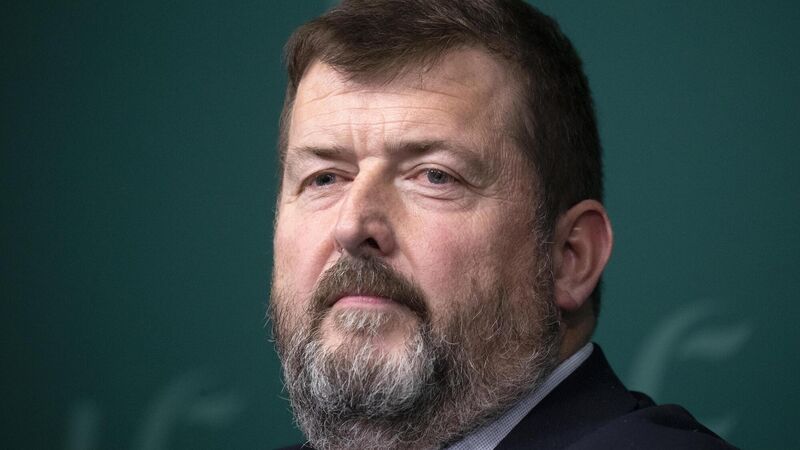HSE chief concedes service is 'behind target' in tackling waiting lists

HSE interim chief executive Stephen Mulvany told Oireachtas health committee HSE had aimed to have 98% of people on outpatient lists waiting no longer than 18 months by the end of this year but this was affected by Covid-outbreaks. Picture: Colin Keegan/ Collins
The plan to reduce hospital waiting lists is running behind target despite improvements in some areas, the Oireachtas health committee heard on Wednesday.
There are now an estimated 897,300 people on waiting lists, including almost 98,000 children, and this growing crisis was the focus of presentations by the HSE and Department of Health.










